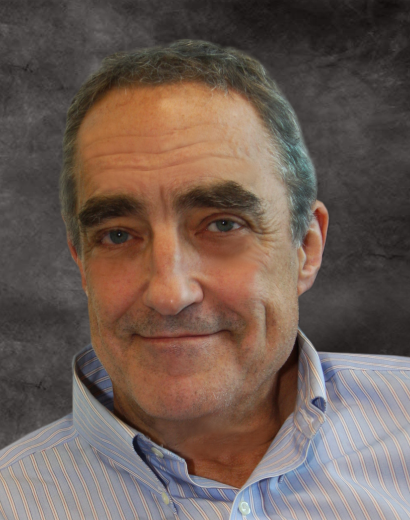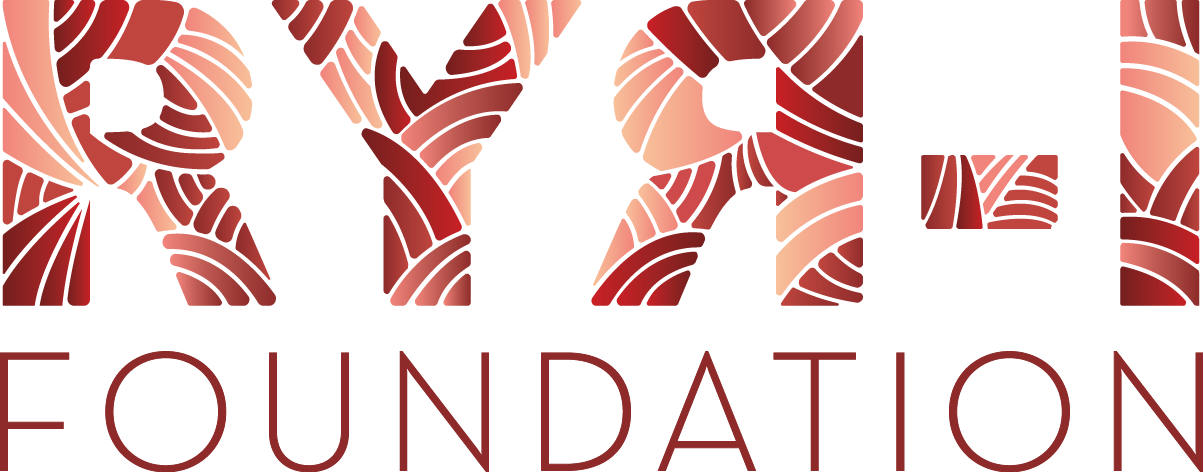
Andrew R. Marks, MD
Dr. Andrew R. Marks received his undergraduate degree from Amherst College (with honors in both Biology and English), and his MD from Harvard Medical School. Following an internship and residency in internal medicine at the Massachusetts General Hospital (MGH), he was a post-doctoral fellow in molecular genetics at Harvard Medical School, and then a clinical cardiology fellow at the MGH. He is board certified in internal medicine and in cardiology. Dr. Marks is Chair and Professor of the Physiology and Cellular Biophysics Department at Columbia University. He is a member of the National Academy of Sciences (2005), National Academy of Medicine (2004), and American Academy of Arts and Sciences (2005). From 2002-2007 Dr. Marks was Editor-in-Chief of the Journal of Clinical Investigation. He received the Doctor of Science, Honoris causa, Amherst College (2009), and from de l’Université de Montpellier (2016), the ASCI Stanley J. Korsmeyer Award (2010), the Pasarow Foundation Award for Cardiovascular Research (2011), the Ellison Medical Foundation Senior Scholar in Aging Award (2011), Glorney-Raisbeck Award from NY Academy of Medicine (2016), Columbia University Dean’s Award for Excellence in promoting Diversity (2017), the Naranjan Dhalla Award for Innovative Investigators in Cardiovascular Sciences, International Academy of Cardiovascular Sciences (2018). In 2002 he founded the Summer Program for Undergraduate Rising Stars (SPURS) at Columbia. SPURS provides mentored research training at Columbia University for under-represented and economically disadvantaged students primarily from the New York City public colleges and universities. Dr. Marks has published over 200 articles in which he has contributed new understandings of fundamental mechanisms that control muscle contraction, heart function, lymphocyte activation, and cognitive function. He has discovered novel causes of human diseases including heart failure, cardiac arrhythmias, muscular dystrophy, diabetes, and neurodegenerative disorders. He developed novel treatments for coronary artery disease (in 2003 the FDA approved the first drug eluting stent), and a new class of drugs called Rycal® one of which is being tested in patients with disorders of heart and muscle. Dr. Marks is the founding scientist of RyCarma Therapeutics (formerly ARMGO Pharma, Inc.) a biotech company focused on developing drugs that target leaky ryanodine receptors.

